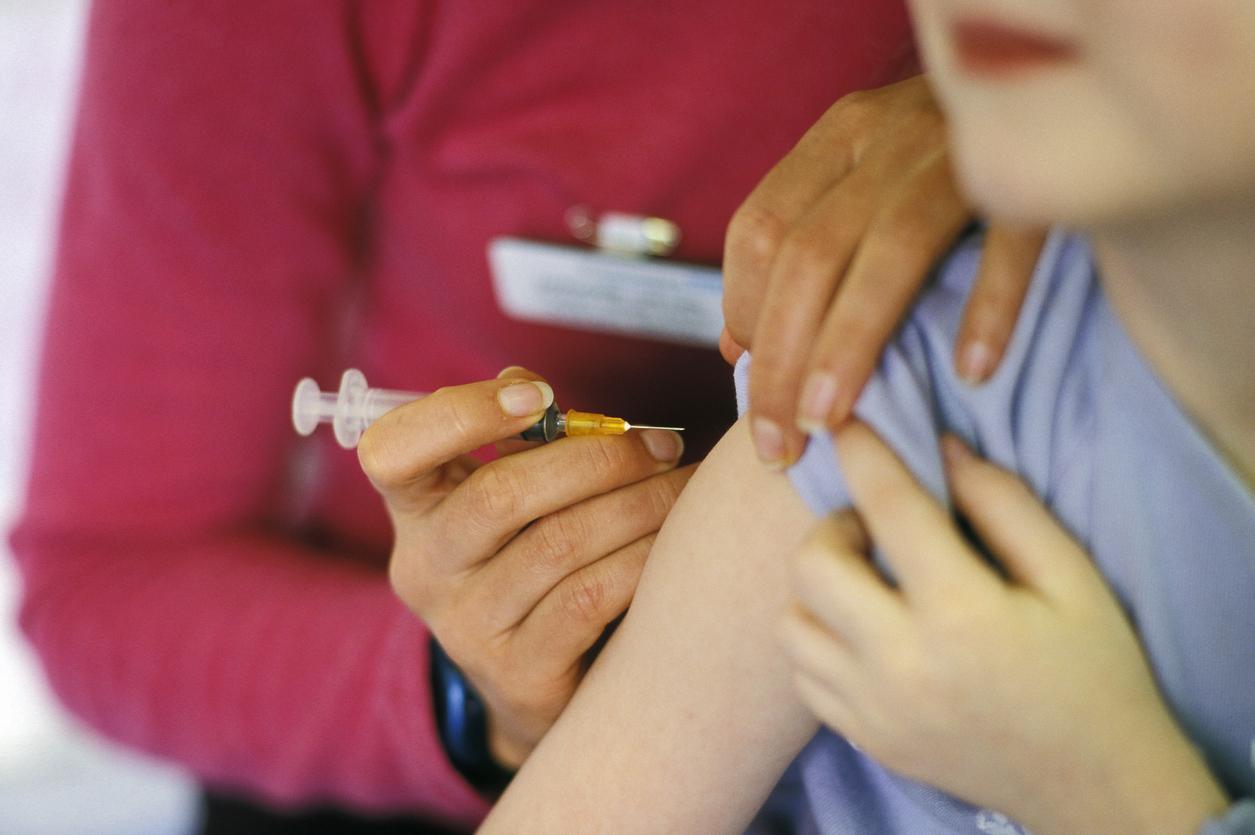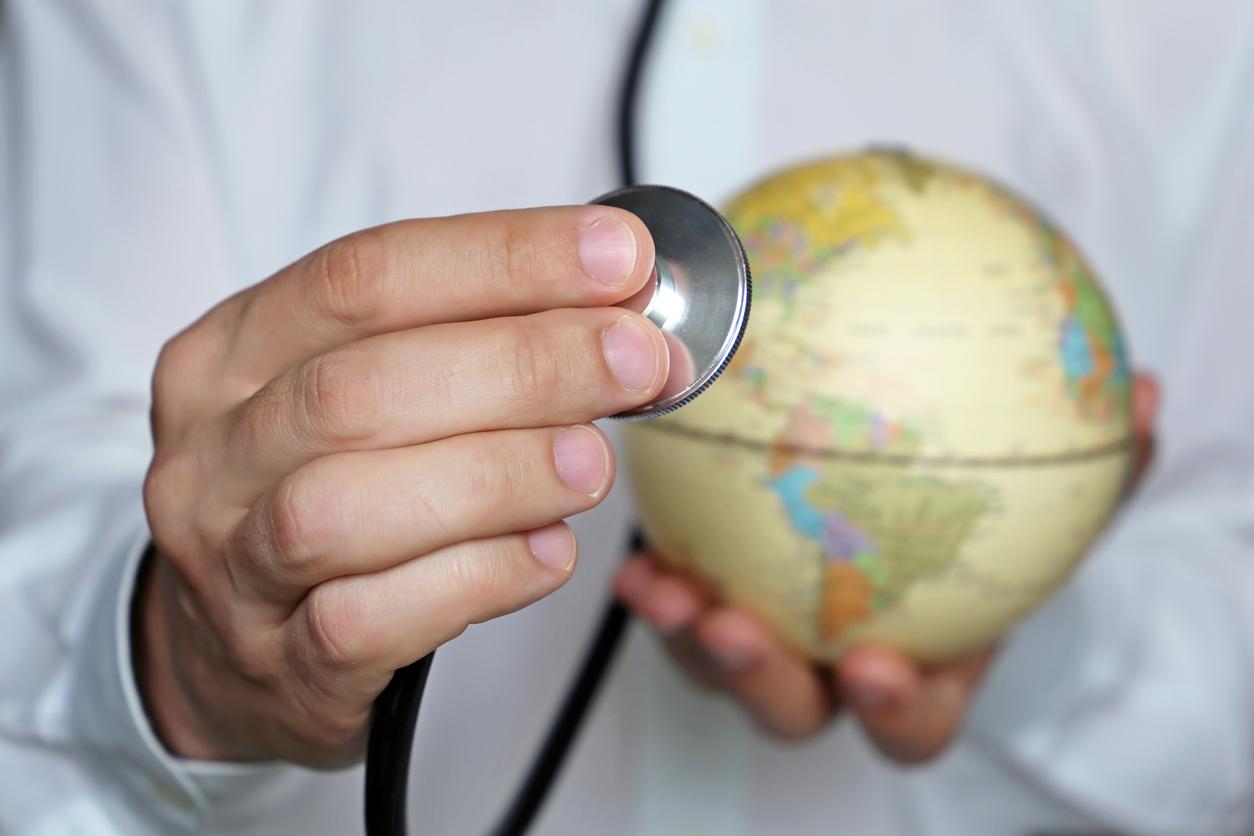The HAS has just approved the use of the Moderna vaccine for 12-17 year olds. But what are the rules governing the vaccination of adolescents? And in practice, what are the conditions for the youngest? We take stock.

Photo Credits: © Shutterstock / Studio Romantic
A new vaccine authorized for adolescents: it is Moderna’s turn to receive the approval of the Haute Autorité de Santé (HAS) for 12-17 year olds. To render its opinion, the HAS relied on an American clinical study on 3,726 participants, which showed “vaccine efficacy in adolescents of 93.3% in cases of Covid-19“.
A new possibility for young people who will also be affected by the health pass from September 30. From this date, they will therefore need to be fully vaccinated or to be tested regularly to access the places affected by the pass.
To read also: Vaccination of adolescents: “We must vaccinate as much as possible”
What vaccines for teens?
With this new authorization from the HAS, teenagers aged 12 to 17 therefore have access to two vaccines: that of Pfizer and that of Moderna. Both are messenger RNA vaccines.
What support conditions?
To be vaccinated, minors must be accompanied by one of their parents. For 12-15 year olds, both parents must sign an authorization. On the other hand, this is not the case for those over sixteen.
Where can teens get vaccinated?
With the possibility of being vaccinated at Moderna, adolescents will no longer have to go to a vaccination center, because this vaccine is also available in pharmacies and doctors.
They will have to make an appointment on Doctolib, Maiia or Keldoc. At the moment, only the Pfizer vaccine is indicated as available for this age group on these platforms, but Moderna should appear quickly.
Read also: Five questions about adolescent vaccination
What dosage and what timeframe?
In authorizing this vaccine for adolescents on July 24, the European Medicines Agency recommended the same dosage for adolescents as for adults. Teens will therefore receive two injections, four weeks apart, into the muscles of the upper arm.
Since the initiation of vaccination to adolescents six weeks ago, 31.8% of them have received at least one dose and 11.6% are fully vaccinated.
















